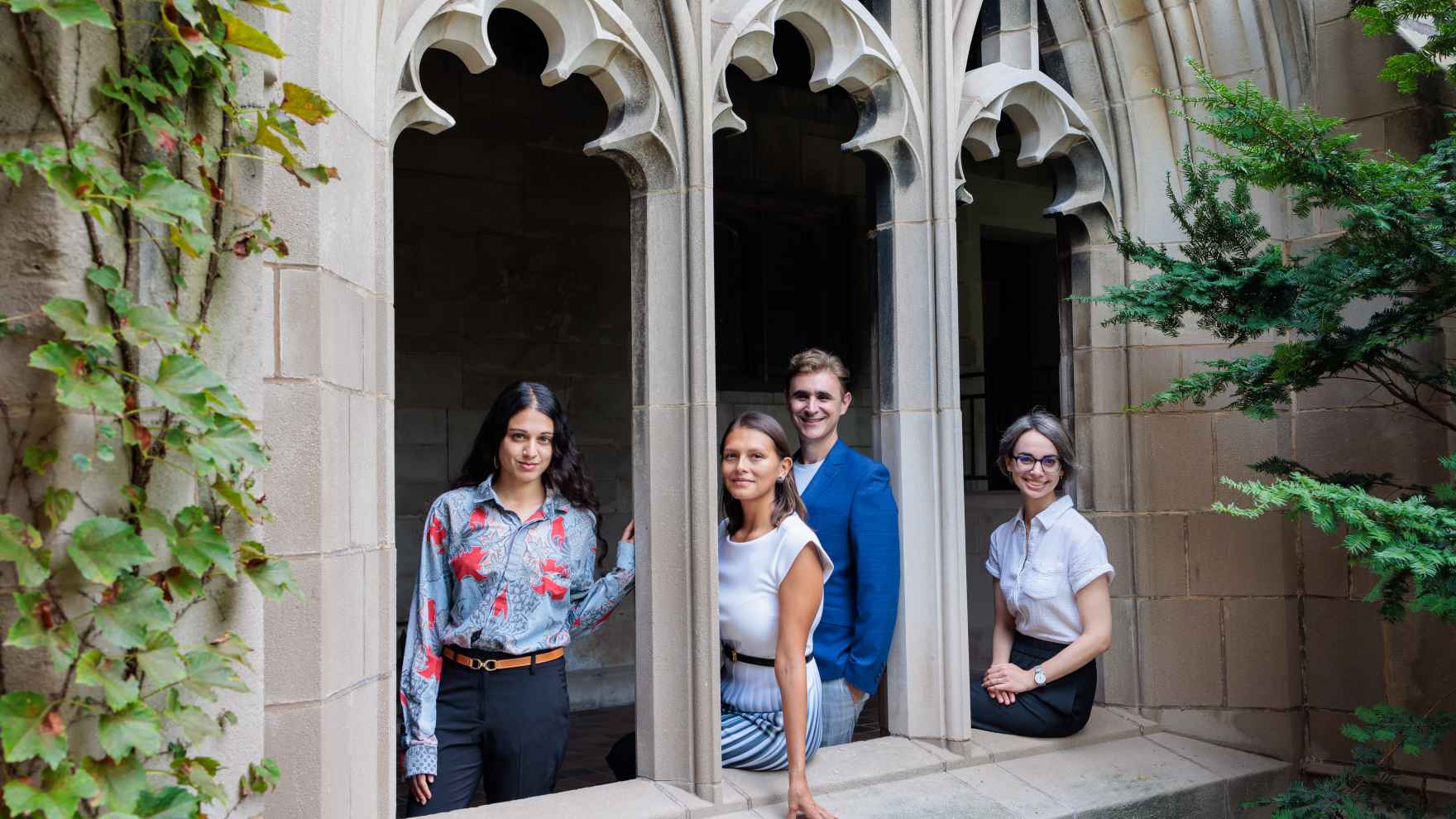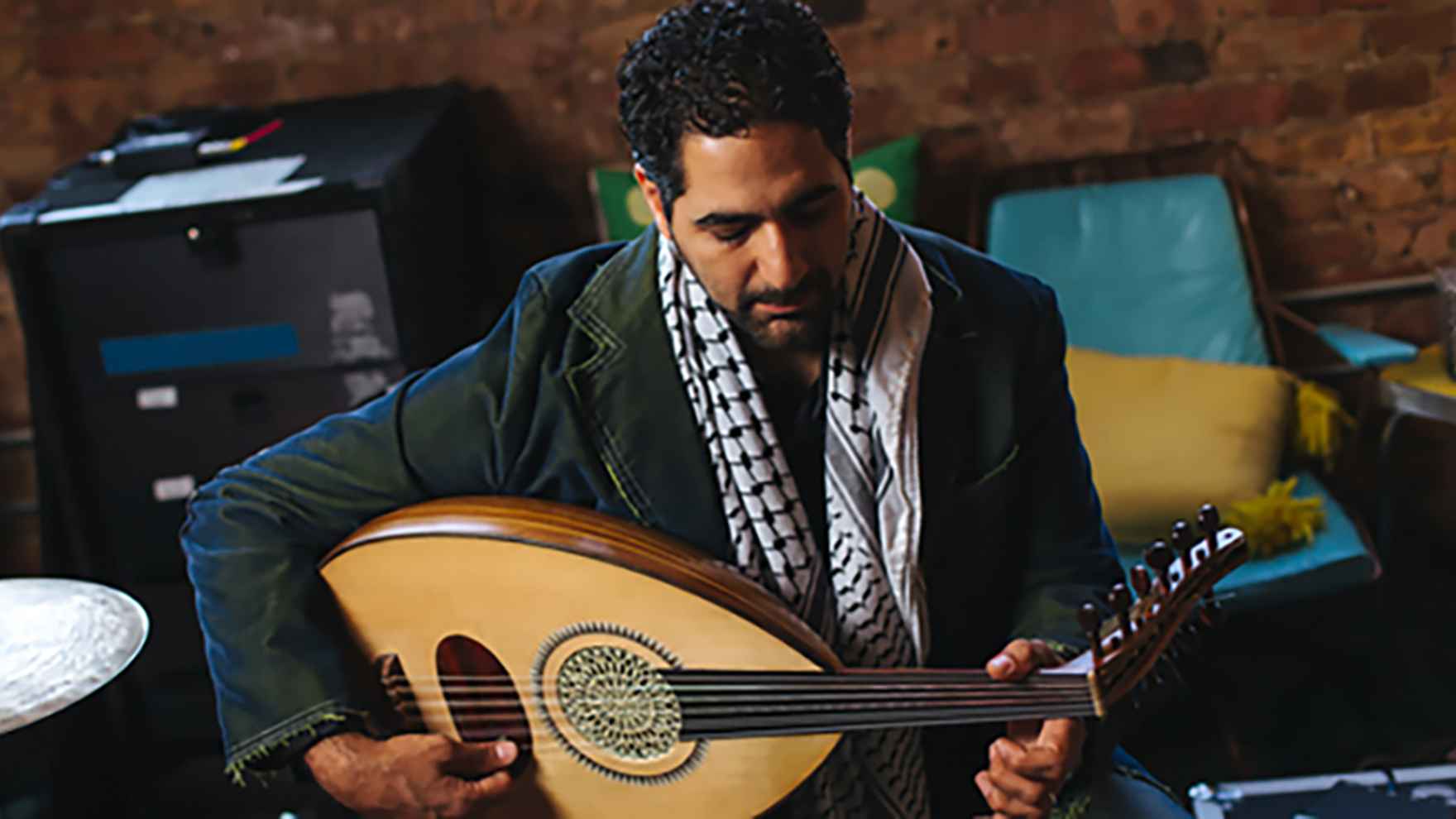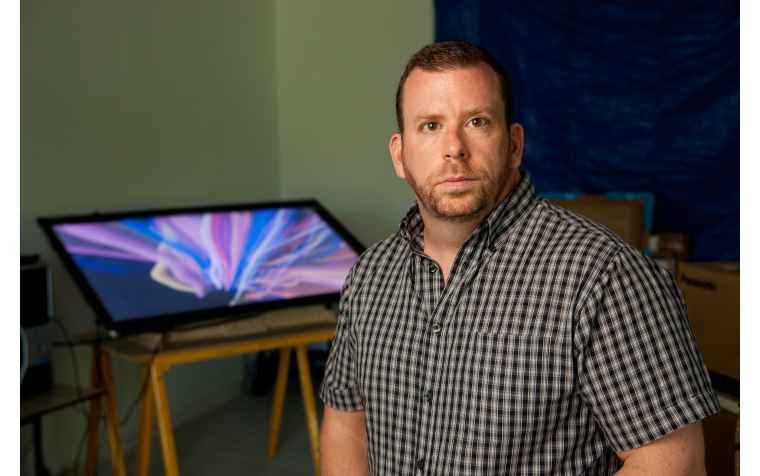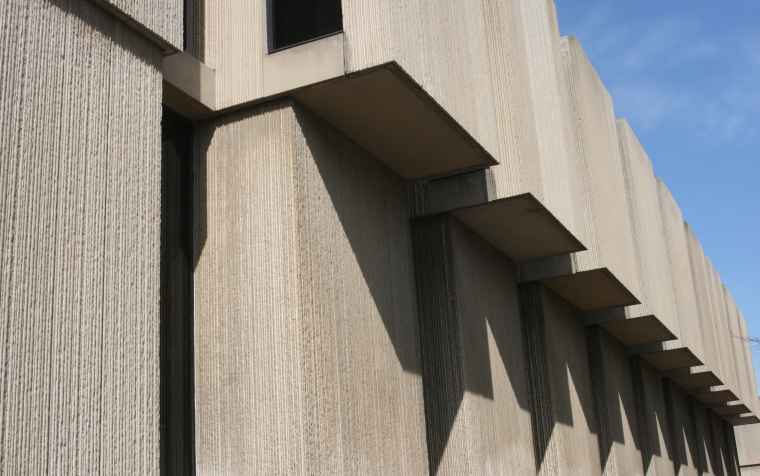Time Out Chicago Unveils “Who’s-Who Inventory” of Chicago’s Cultural Curators
TimeOut Chicago recently compiled a who’s-who snapshot of Chicago’s top cultural curators. The list included the University of Chicago’s own Emily Teeter, Research Associate and Special Exhibits Coordinator at the Oriental Institute; Hamza Walker, Associate Curator and Director of Education at the Renaissance Society; and the entire team at Doc Films.
To read more about Chicago’s top cultural curators in TimeOut Chicago, please click here. Click on the following links to learn more about the Oriental Institute, the Renaissance Society, and Doc Films.
'Scrappers' Currently Screening at Siskel Film Center, Receives “Two Thumbs Up”
Directors Ben Kolak, Brian Ashby, and Courtney Prokopas’s documentary film Scrappers has received rave reviews across Chicago, including “two thumbs up” from film critic Roger Ebert as well as awards for “Best Documentary Feature” and the “Audience Award” at the 2010 Chicago Underground Film Festival. Kolak, Ashby, and Prokopas are graduates of the College, and Ashby currently works as a Program Assistant with the South Asia Language and Area Center (SALAC) and the Committee on Southern Asian Studies (COSAS) within the Division of the Humanities.
From the Chicago Underground Film Festival:
Set in Chicago’s labyrinth of alleys Scrappers is a revealing portrait of Oscar and Otis, two metal scavengers searching for a living with brains, brawn, and battered pickup trucks. Shot in vérité style, the film focuses on work: finding metals, raising children, understanding the city. A close examination of the men’s daily lives raises questions about popular notions of poverty, race-relations, personal self-sufficiency, and urban sustainability. Scrappers tackles the geography of a still-segregated city, the hidden lives of undocumented people, and the far-reaching effects of the 2008 financial collapse.
To read Ebert’s review in its entirety please click here, and to read an interview with directors Ben Kolak, Brian Ashby, and Courtney Prokopas on Gaper’s Block please click here.
Kathy Fox wins 2009 Richman Award
Kathy Fox, Administrative Assistant for the Classics Department, was honored for her commitment to helping students as the winner of the 2009 Marlene F. Richman Award for Excellence and Dedication in Service to Students. The Office of the Vice President for Campus Life writes, ”as evidenced by the swelling campaign by students who have nominated Kathy for this award for several years, she has been and remains a major source of support for students in her department. Kathy is an exceptionally caring, professional, and kind member of our community.”
This is the second year that a member of the Division of Humanities has won the Richman Award. Last year’s winner, Juanita Denson retired shortly after receiving the award following over forty years of service to the University.
Congratulations Kathy!
For more information about Kathy’s work and the award please click here.
Ted Foss weighs in on “I love you” in the 'Chicago Tribune'
“There is a verb for love in Japanese,” said Ted Foss, the associate director of the Center for East Asian Studies at the University of Chicago. “But you wouldn’t get a card that says, ‘I love you.” It might say, ‘I like you very much’ or ‘You’re all that I need.’”





